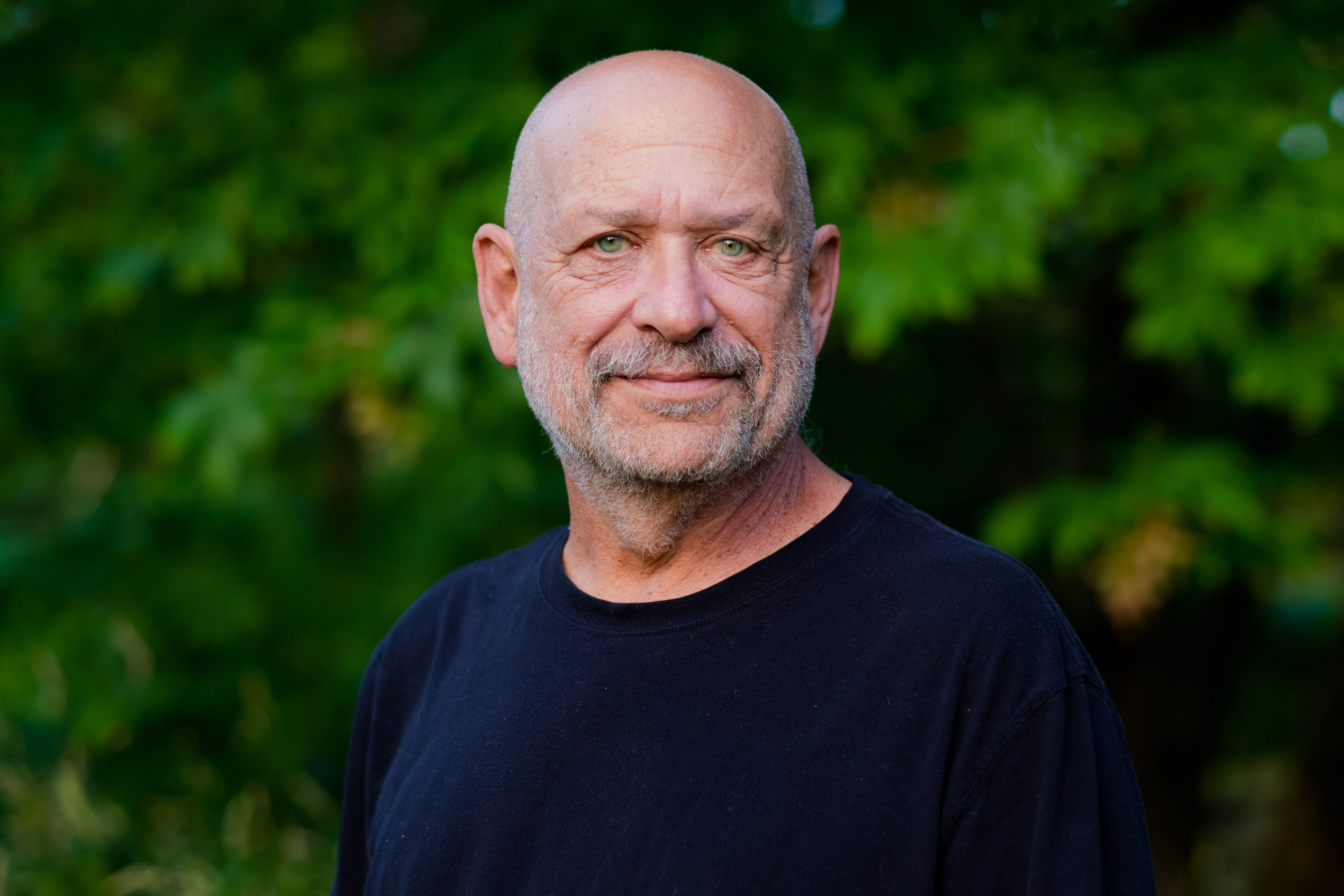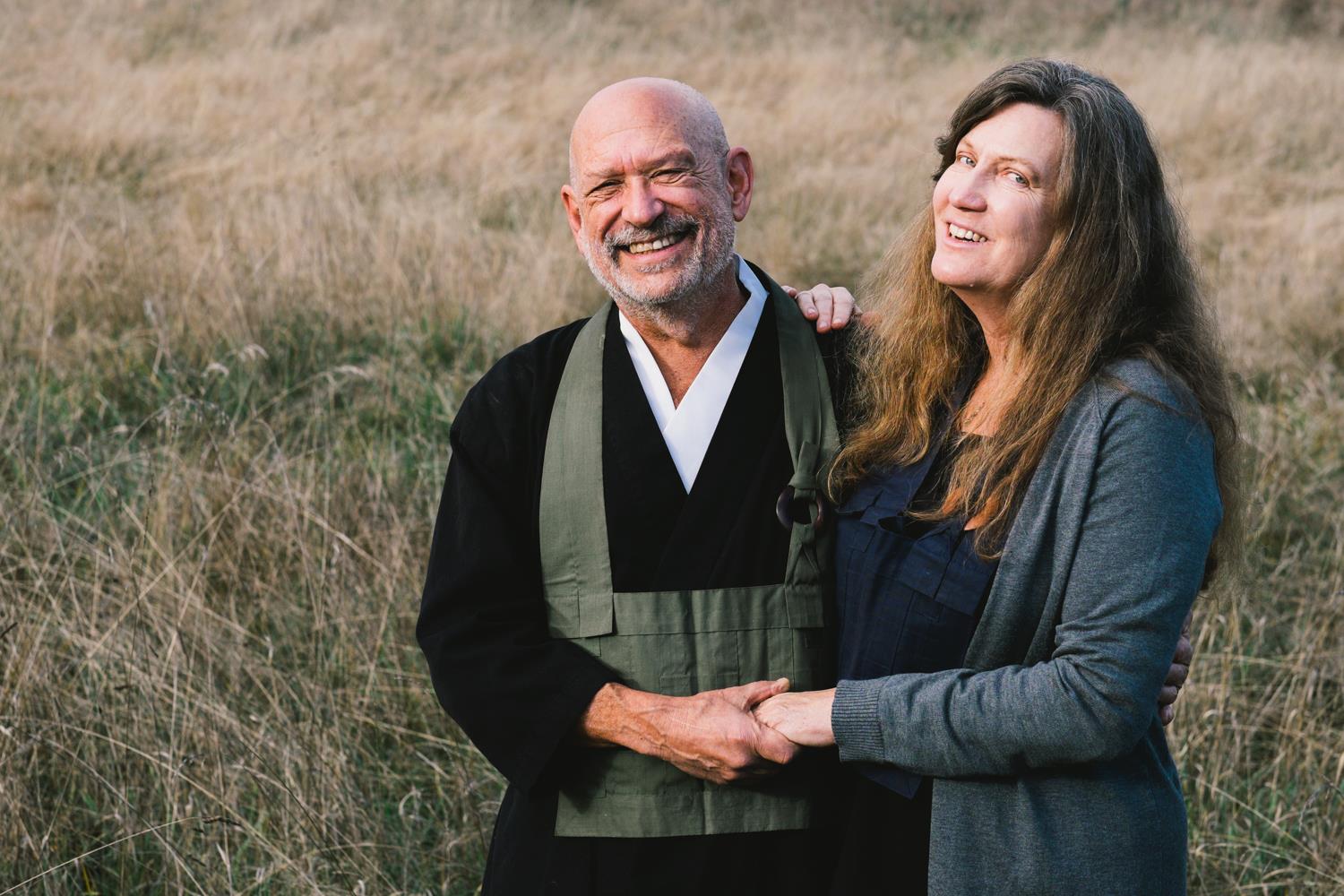

Retreat with Peter Levitt
About the retreat
Peter Levitt, founder and guiding teacher of the Salt Spring Zen Circle, will be our teacher for this retreat. Known for the warmth, humour, clarity and depth of his teachings, Peter is also the author of 14 books of poetry and prose. In 1989, Peter received the prestigious Lannan Foundation Award in Poetry. He collaborated as Associate Editor, with editor Kazuaki Tanahashi, on the translation of Dogen's lifework, Treasury of the True Dharma Eye: Zen Master Dogen's Shobo Genzo, and he and Tanahashi coedited, The Essential Dogen: Writings of the Great Zen Master.
The retreat includes periods of seated meditation, walking meditation, dharma talks and discussion. Together, we will explore some of the exciting and challenging themes found in the work of Eihei Dogen, a 13th century Zen Master, and discover how these may be applied to our lives.
Dates and times
Friday, October 28
7:00 pm - 9:00pm
Saturday, October 29
Regular programming from 9:00 am - 5:00 pm PLUS optional sits from 7:00 - 8:30 am and 7:00 - 8:30 pm
Sunday, October 30
Regular programming from 9:00 am - 3:30 pm PLUS an optional morning sit from 7:00 - 8:30 am
Location
Centre for Mindfulness Studies, 180 Sudbury St (southeast of Queen and Dufferin)
Price
Early bird discounted price of $200 if you register before August 31; $250 from September 1 onwards
If you can't make it for the whole weekend, join us on Friday night for a recommended donation of $25
A limited number of scholarships are available for those seeking financial assistance. Please email gravitytoronto@gmail.com to enquire further.
Registration
Please click the button below and complete the registration form for this event. We will contact you to arrange for the registration fee.
A Taste of Peter Levitt's Work
“We study the teachings of our ancestors, and it’s important that we do, but we don’t just study those who lived long ago in order to learn about or engage the hearts and minds of bodhisattvas, because the ancients are also just right here, even in this room, even in ourselves.
Dogen knew this, and so he pointed directly to it when he wrote that we study the self to forget the self, and when we do, our realization is experienced as intimacy with all things.
Zen is an intimate and embodied practice in which warm hand grasps warm hand across space and time. Beyond ideas such as “then” and “now,” this is how we study.”
Poem Translation (with collaborator Kaz Tanahashi)
Original by Hanshan (legendary Buddhist recluse poet in China, circa 9th century)
I see Tiantai peak
solitary above the entire range.
Pines sway in the wind, bamboos rustle,
the moon rises, tides flow out and in.
Scanning the green slopes below,
I discuss the profound principle with the white clouds.
Though the feeling of the wild is in the mountains and waters,
truly, I long for a companion of the way.
Intimate with everything I see,
walking, sitting, and lying down are truth itself.
If someone asks the inner meaning:
“The treasury of the dharma eye in a speck of dust.”
–Translated by Peter Levitt and Kazuaki Tanahashi
Within Within
Spring is within a plum twig, bearing the snow—cold
-Eihei Dogen, 1243
No one can say what this life is.
Snow, spring, plum twig, and bearing,
each thing is cold cold cold
and cold cold cold
is snow, spring, plum twig and bearing.
This is within and this is
what is within. Bearing
sorrow in silence
or holding our happiness
for the world
are just plum twigs
bearing snow.
Shouting joy at passing cars
or whispering I’m going
to kill myself
is the heat of petals
in winter, the blossoming
of snow drops in spring.
Don’t try and don’t quit,
that’s the best I can say.
People who love you
and people who need you
and people you love
and those you hate
come to the same thing.
No matter how you turn,
you can never turn fast
or far enough. There
is no escaping
the ten directions
or ten thousand things,
even when you die.
So take it easy.
Have a Cuban cigar.
Your shoulders are
wide as the path
is wide, your heart as open
as one blossom
two snow falls
three bows to the east
and four kisses,
one on each cheek.
–Peter Levitt
